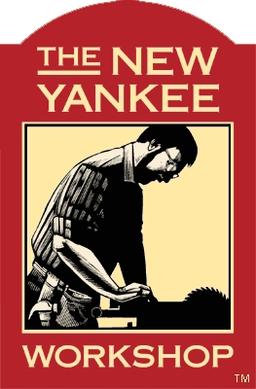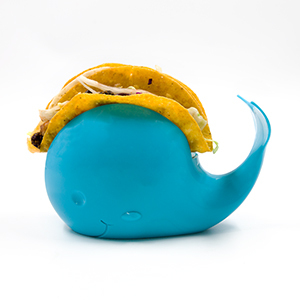I’m sorry if this is not in the spirit of the community, but I figured my dad would know because of his experience woodworking, and I don’t want to ask him for obvious reasons. I’m happy to remove it if it doesn’t fit.
I have an aluminum herb grinder, that regularly gets jammed up with resin. I tend to use a regular (probably pine) food skewer to clean it off, because I don’t want metal shards coming off of the aluminum from a metal scraper or plastic pieces from a plastic scraper. The pine works okay, but I have to replace it regularly and it can’t get everything.
I know pine is probably one of the softest woods, but would a hard wood be significantly more durable if it were cut as thin as a skewer (4mm diameter round)? Would anything be both reasonably obtainable (I live in a place with frequently abandoned old furniture, if that would be a good source, or I can go to a lumber store) and more durable enough to be worth it?
I’m an all day every day pot head, and clean my grinder by boiling it in milk. Then I strain it and use that milk to make Pot Chocolate. That way nothing is wasted… except for me 😂
Reeds would be good for something like this, you can usually find dried bamboo pretty cheap at craft stores or in the garden section in spring.
That’s a very good idea, thank you!
Yes almost any wood is harder than pine. Old furniture tends to be a lot of oak, at least in my country. Here’s what I would do: find any piece of hardwood. You can use furniture but you will probably find it easier to get a small branch off a hardwood tree. Any tree that has leaves instead of needles will be hardwood ( Some wood nerds would object). Whittle a few skewers out of the wood but NOT the pith- Not the dead center of the branch. After it’s whittled it will be dry within a day even if it’s green still. Then I would hold it over a fire/ stove a bit. Don’t burn it, but the heat will toughen the fibers. That’s probably the best bet.
Sorry about your nice post getting vandalized by that shmuck. They’re banned now.
Thanks!
Iron Wood
Thank you!
Definitely not old furniture as that would be likely to have lacquer and other chemicals on it, possibly containing lead.
What you need is some large weed stems.
Thank you! Is that true for really old furniture as well or just more since the fifties?
Leaded paint has been used for at least a couple thousand years. Even if it doesn’t have lead wood has to be sealed against moisture so any old furniture will have something on it and probably not more food safe options like a vegetable based oil or beeswax because those wear off more quickly and have to be reapplied fairly regularly. I would expect a form of lacquer before the mid 1900s and poly after that.
Thank you, I knew about pallets, but not furniture. I’m glad I didn’t use that 😅
Really old furniture would be possibly worse. Lead stopped being used in varnish same time as lead paint, 1978. Highly likely that any furniture older than that contains lead, unless you’re talking something from before around 1920.
I’m in Germany, so it’s not super uncommon that furniture from the 1800s shows up broken on the street for trash pickup/antiquers, but it seems like that’s not a good idea, based on the other things that might be in there.
Maybe find a hardwood tree, grab a small branch and whittle it?
Try using alcohol to soften the resin first, I like to use everclear because it’s high proof and cheap. Don’t use rubbing alcohol, it has that gunk they put in it so homeless people won’t drink it.
Do you just make a tincture with it or do you throw it out? Because I like grinder hash…




